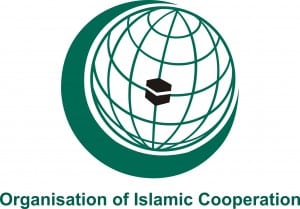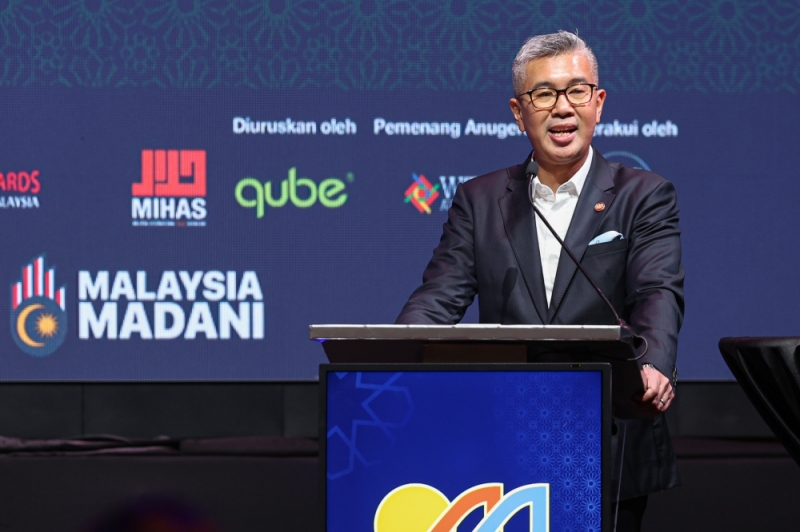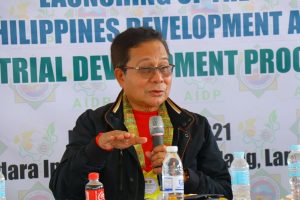The Manila Times
 THE Department of Agriculture (DA) said that the Brunei Darussalam-Indonesia-Malaysia-Philippines East Asean Growth Area (BIMP-EAGA) partnership will help strengthen the supply and value chains in the agro and fisheries sector in the country.
THE Department of Agriculture (DA) said that the Brunei Darussalam-Indonesia-Malaysia-Philippines East Asean Growth Area (BIMP-EAGA) partnership will help strengthen the supply and value chains in the agro and fisheries sector in the country.
“With the new trade routes that have been opened… we will be able to take advantage of greater, stronger connectivity and through improvement of shipping linkages, air linkages as well as land transfer connectivity,” said DA Undersecretary Mercedita Sombilla during an economic briefing on Wednesday.
Sombilla added that the BIMP-EAGA will also maximize the memorandum of agreement among these four countries. She added that there is one currently in place with Indonesia and Malaysia.
The Philippines and Brunei, meanwhile, discussed potential agricultural trade opportunities last month.
The DA said in order to help Brunei’s increasing demand for rice, the Philippines will be exploring heightened production and export opportunities for local Jasmine and sticky rice variants while the former laid out possibilities of exporting halal meat products to the Philippines.
It also discussed the potential opening of Brunei to Filipino industries as a production hub of halal products.
Sombilla said that the current exports to the four countries are the “traditional” products such as tobacco, coconut oil and halal products.
She also emphasized that Mindanao is a “very strategic region” because it is situated in the center of three major routes of the BIMP-EAGA corridor.
“Mindanao is the nerve center of barter trade of the BIMP-EAGA,” said Sombilla.
She added that Davao Region, with its emerging infrastructure and strategic location in the South Eastern Economic Corridor of BIMP-EAGA and the relatively low cost labor, is essential to the growing trade ties with the country’s Malaysian partners.
The BIMP-EAGA was established in 1994 by the four countries as a shared strategy to accelerate socioeconomic development of their less developed and geographically remote areas.



